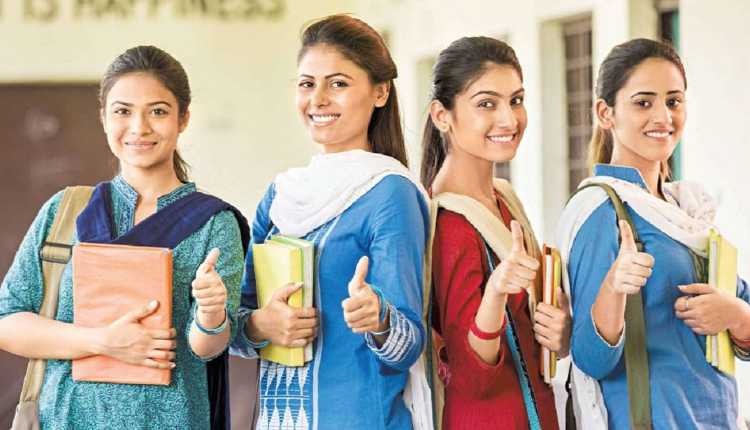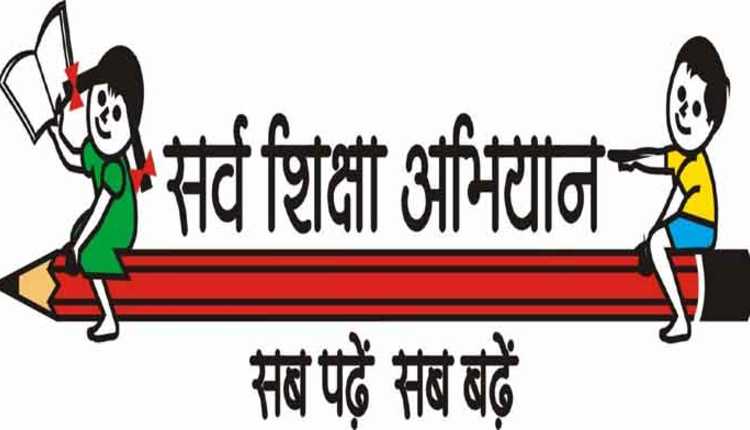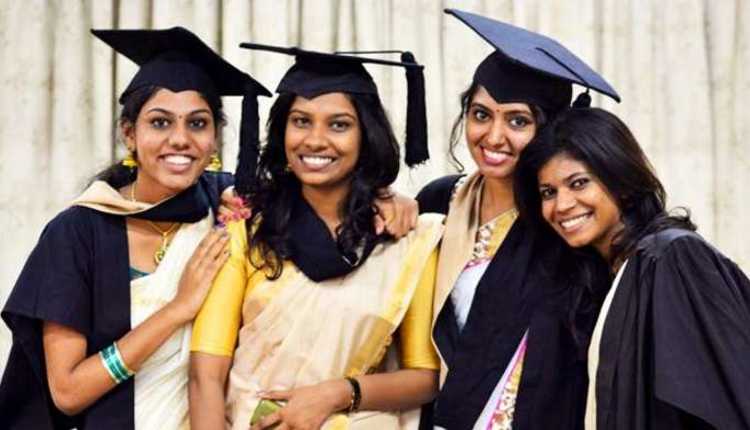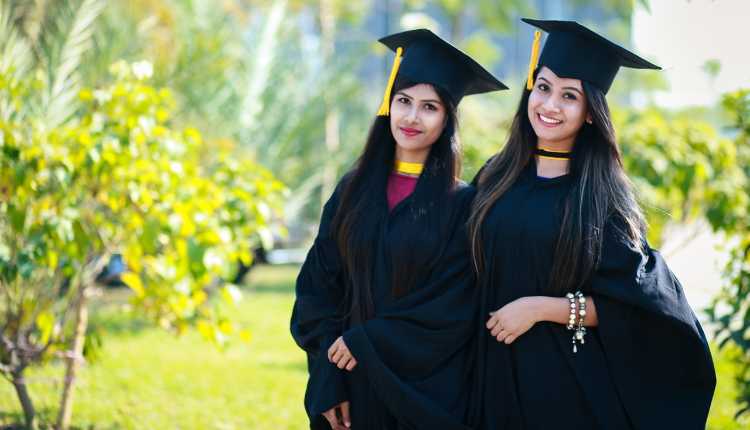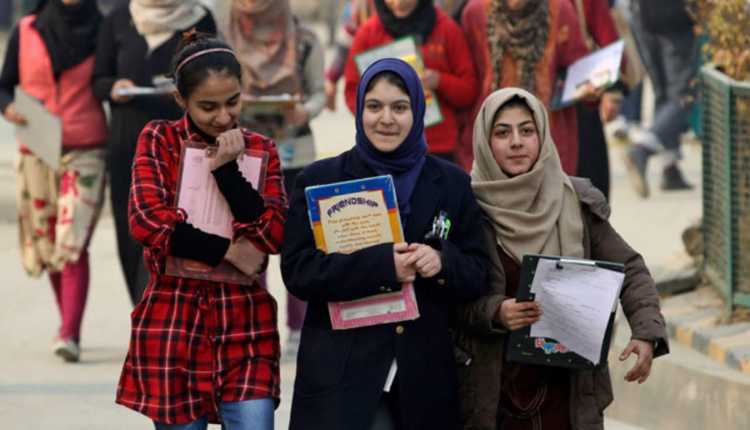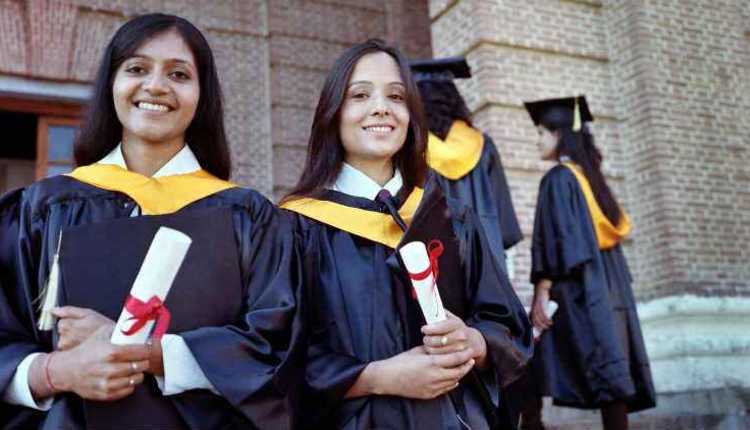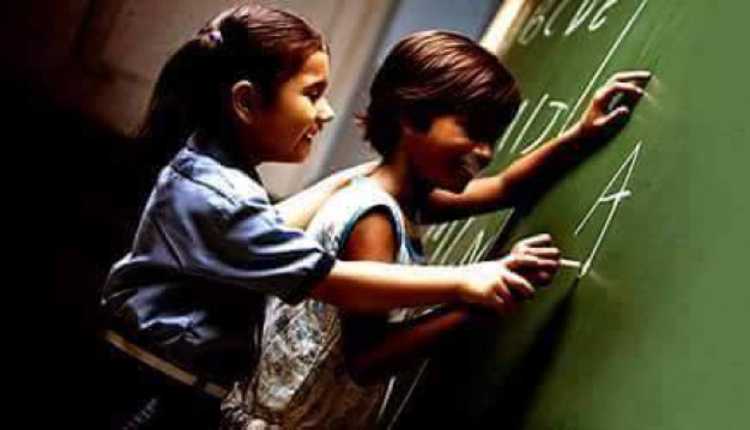In India, the Education system has changed a lot in the past few decades, but the struggle is still paying for the tuition fee. It has been a terrible historical image of India on affording the fees for the school and the colleges. Even today, many families struggle to overpay the tuition fees of their kids despite several educational aids from the Govt of India and the State Govt, which can be a tremendous beneficial support for the underprivileged students. The scholarship is a kind of financial help given to children of low-income families so that they can pursue their studies.
We have included up to 10 government scholarship and freeship schemes for the minority and underprivileged children along with their eligibility criteria and their objectives.
The list of scholarship and freeship schemes provided to the underprivileged, minority and good-merit students are:
- Sarva Shiksha Abhiyan
- Mid-day Meal Scheme
- Pre Matric Scholarship to SC Students
- Post Matric Scholarship Schemes
- Post Matric Examination and Tuition Fee Scheme
- National Merit cum Means Scholarship Scheme
- Central Sector Scheme of Scholarship for College and University Students
- Special scholarship scheme for Jammu and Kashmir students
- Scholarship to students from non-Hindi speaking States for Post Matric Studies in Hindi
- Inclusive Education for Disabled at Secondary Stage
1. Sarva Shiksha Abhiyan (SSA)
According to the 86th Amendment to the Constitution of India, the government has made free and compulsory education to children of 6- 14 years a Fundamental Right. It is a national flagship program and was pioneered by former Prime Minister Atal Bihari Vajpayee. It is being implemented in all the districts of India.
The formulation of NPE, India initiated a wide range of programs for achieving the goal of Universalisation of Elementary Education through several programs
The scheme aims to provide free and compulsory education to all children in the age group of 6-14 years. It was launched in 2001 to bridge gender and social category gaps. Equity means not only equal opportunities but also the creation of conditions in which disadvantaged sections of society- children of SC/ST, the Muslim minority, landless farmers and children with special needs etc. can avail the opportunity.
2. Midday Meal Scheme
It is a program of the government of India to improve the nutritional status of school-age children nationwide. Classroom hunger affects children’s ability to learn and grow. On 15 August 1995, National Program Of Nutritional Support To Primary Education (NP-NSPE) was launched as a centrally sponsored scheme. In 2001 The Supreme Court of India ordered all the State Governments and UT’s to implement Mid Day Meal Scheme and provide cooked meals from Government and Government aided schools with a minimum content of 300 calories of energy and 8-12 grams of protein per day for a minimum of 200 days.
The main objective of the scheme is to enchant enrollment, retention and attendance along with improving nutritional levels among children in government schools.
As per revision of the scheme in April 2008, it was extended to recognise as well as unrecognised Madrassas/ Maqtabs supported under SSA.
3. Pre Matric Scholarship to SC Students
The scheme provides scholarship to the meritorious students of class 9th and 10th.
The main aim of the scheme is to minimise the incidents of dropouts, to support parents of underprivileged children financially for the education of their wards studying in 9th and 10th for a better chance of progressing to post Matric stage of education. It is a centrally sponsored scheme in which selected students will receive admission fee, tuition fee and academic maintenance allowance for a minimum of 10 months in a year.
The condition for availing the scholarship being, the student should have scored at least 50% marks, and the annual income of parents should be less than 1 Lac annually.
4. Post Matric Scholarship Scheme
The government has provided Post Matric scholarship scheme to meritorious students belonging to minority communities (Sikhs, Muslim, Christian and Parsis) to offer them better opportunities of higher education and increase the rate attainment and enhance their employability.
The eligibility criteria for this scheme is that the student should attain a minimum of 50% marks and annual income of parents should not exceed two lakes annually.
5. Post Matric Examination and Tuition Fee Scheme
Government of India has introduced this scheme for minorities (Sikhs, Christian, Buddhist, Jains and Parsis) to reduce their drop out rate and to encourage them to undergo Post Matric courses.
Tuition fees, exam fees and other prescribed fees which are compulsorily payable by Post Matric students to the institutions are covered under the scheme. Fees will be reimbursed and transferred directly to the student bank account.
Scholarship can be given to a maximum of two children of the same family whose parental income is not more than two leaks from all sources.
6. National Merit cum Means Scholarship Scheme (NMMSS)
The Department of Education introduced the scheme in 1961-62. This scheme covers the students from class IX to XII. The main objective is to provide financial assistance to students from low-income families and to meet a part of their day to day expenses while pursuing higher studies
To minimise the drop out rate at class VIII and continuing the education at the secondary stage a scholarship of Rs 500 per month will be given to selected students whose annual parental income is not more than 1,50,000.
According to the scheme, each state/ UT will conduct its test for selection of students for the award of the Merit cum Means Scholarship.
The state-level Examination may consist of the following two tests:
- Mental Ability Test (MAT)
- Scholastic Aptitude Test (SAT)
7. Central Sector Scheme of Scholarship for College and University Students
The students above 80 percentile of successful candidates in relevant stream of a particular Board of Examination in class XII and pursuing a regular course also not availing the benefit of any other scholarship are eligible for this scheme.
The main objective of the scheme is to provide financial assistance to students having a family income of fewer than six lakes per annum. The Central Sector Scheme of Scholarship for college and university students is covered under Direct Benefit Transfer (DBT) w.e.f 1.01.2013 wherein scholarship is being disbursed directly into the bank account of beneficiaries.
8. Special scholarship scheme for Jammu and Kashmir students
The scheme aims at encouraging the youth of Jammu and Kashmir to take advantage of educational institutions outside the State which would provide them with the opportunity to interact with their counterparts from the rest of the country, thereby being the part of the mainstream.
The scholarship is provided towards tuition fees and maintenance allowance. The rate of scholarship towards tuition fees for general degree courses is Rs 30,000 per annum, for engineering course Rs 1.2 lacks per annum, and for medical studies, Rs 3 lacks per annum. Fixed maintenance allowance of Rs 1 Lac per annum is provided to all students under the scheme. The Inter-Ministerial Committee is constituted to oversee the implementation and monitoring of the scheme.
Students of Jammu and Kashmir whose family income is less than six locks per annum and have passed the class XII from State. They have secured admission outside the State in the institutions which are either approved under Section 12B of UGC Act or recognised by AICTE, or respective regulatory body is eligible for the scheme.
9. Scholarship to students from non-Hindi speaking States for Post Matric Studies in Hindi
The scheme aims at assisting Non-Hindi speaking states for teaching Hindi. It provides them with enough opportunities to learn Hindi as it is one of the essential official languages of the country.
Under the revised scheme, 2500 scholarships are provided to meritorious students studying at Post Matric to PhD level for recognising full-time courses of education, for studying Hindi as one of the subjects. The rate of scholarship ranges from 300 to 1000 per month depending on course/ stage of the study. The scheme is implemented through the State Government /UT’S administration.
10. Inclusive Education for Disabled at Secondary Stage
The scheme covers all children studying at secondary stage in Government and Government aided schools with one or more disability in class IX to XII in developing their potential. The School Education Department of The State Government/UT Administration is the implementing agencies of the scheme.
The scheme covers student-oriented components such as medical and educational assessment, books and stationery, uniforms, transport allowance, therapeutic services, teaching and learning materials etc. The State Government is required to make provision for the scholarship of Rs 600 per disabled children per annum.

